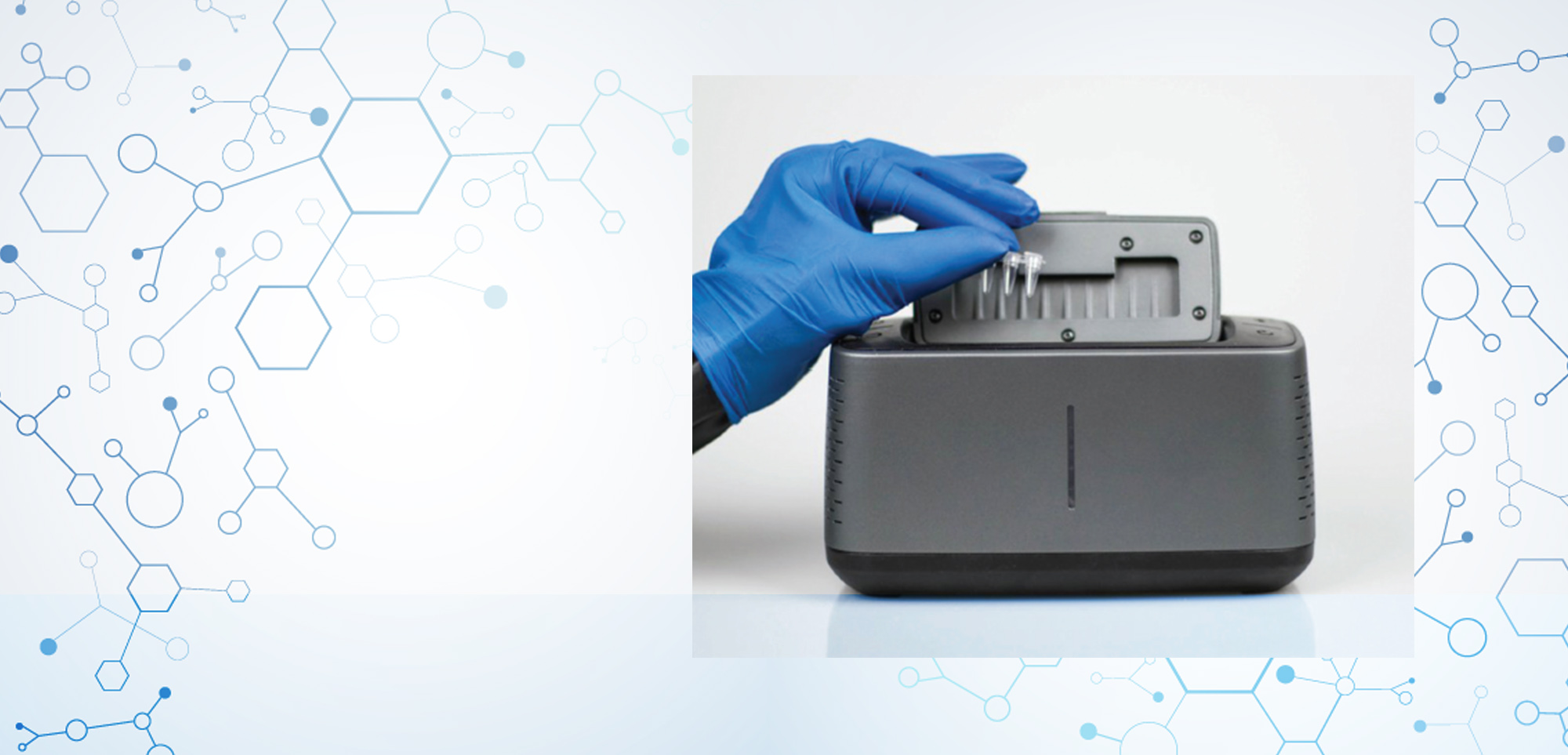Panel Detects Five Major Variants of Concern on a PCR Platform
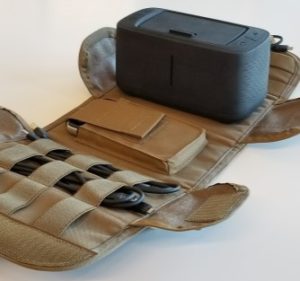
Kansas City, Mo.: (August 30, 2022) – In a breakthrough for SARS-COV-2 diagnostics, MRIGlobal played a key role in research on the design, development, testing, and validation of a multiplex panel that detects five major variants of concern – Alpha, Beta, Gamma, Delta, and Omicron – on a portable platform. This advancement will enable extended availability of rapid, accessible, and portable genotyping capabilities to low resource settings around the world, as the assays provide quick results, can be stored at room temperature, and are utilized on handheld PCR devices. This work was funded by the Defense Biological Product Assurance Office (DBPAO), Joint Program Executive Office for Chemical, Biological, Radiological and Nuclear Defense (JPEO-CBRND), and was performed in partnership with Biomeme, Naval Health Research Center, Integrated DNA Technologies, and Logistics Management Institute.
Despite the production of hundreds of different tests from manufacturers around the world, testing demands and genotyping needs in response to the SARS-COV-2 pandemic have not been met due to high demand and limited availability, especially in more remote areas of the world. Further, the equipment and expertise required to genotype isolates via whole genome sequencing makes this capability entirely out-of-reach in many low-resource locations. Delayed test results have also made it difficult to determine the best course of treatment in a timely manner, and further delay the tracing and isolation of infected persons to prevent secondary transmissions. Each of these barriers – access, quantity, and testing delays – has resulted in increased disease among more people, prolonging the pandemic.
In addition, the emergence of variants has further complicated testing capabilities. These variants have acquired mutations conferring phenotypes such as increased transmissibility or virulence, or causing diagnostic, therapeutic, or immune escape. To-date, detection of these variants has relied on whole genome sequencing. However, as a diagnostic tool, it is still in its infancy due to geographic inequities in sequencing capabilities, higher cost compared to other molecular assays, longer turnaround time from sample to result, and technical difficulties associated with producing complete sequences from samples that have low viral load.
As a result, the past few years have clearly demonstrated the demand for rapid and accurate genotyping PCR assays that can reach more people and be performed in less complex settings. Development, testing, and validation of this panel that detects five major variants of concern on a portable PCR platform now addresses this need.
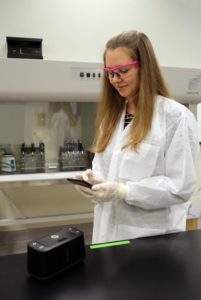
“We have created a genotyping panel that will support rapid, accessible, and portable testing for SARS-COV-2 variants. This is a tremendous advancement in improving equitable access to testing for populations around the world,” said Jennifer Stone, Principal Scientist, MRIGlobal. “Because these assays are highly portable and can be used anywhere, they will help increase the availability of genotyping tests in remote areas, where testing may have previously been limited or non-existent. Rapid and accessible testing will also support quick decision making with respect to public health measures and treatment options for individual patients, potentially saving lives.”
These RT-qPCR assays can be performed on a hand-held, battery-operated device, the Biomeme Franklin™ three9 Real-Time PCR Thermocycler. The Biomeme system presents an ideal solution because it is portable, easy to use, battery-powered, and hence, field deployable with a minimal footprint. Biomeme also provides multiple assay formats – including lyophilized, room-temperature stable 3-well Go-Strips, and 96-well Go-Plates – that can be used in both point-of-need, low-throughput devices like the FranklinTM, as well as in traditional lab-based, high-throughput instruments with multiplex capabilities.
“Biomeme and MRIGlobal have a long history of working together to support testing capabilities in low resource settings around the world,” said Max Perelman, Co-Founder/President & CEO, Biomeme, Inc. “This multiplex panel is an example of how effective pandemic preparedness and response requires a suite of solutions that span the testing continuum, from a central reference lab to satellite labs to far-forward field settings using mobile molecular instruments and software that enable testing in the most challenging conditions.”
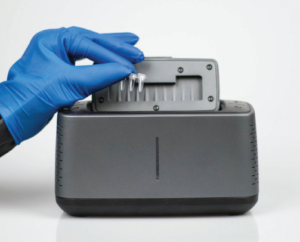
The panel of four triplex RT-qPCR assays targets 12 mutations in order to detect all five major variants of concern (Alpha, Beta, Gamma, Delta, and Omicron). An expanded 5-plex assay also reliably distinguishes among the five major sub lineages (BA1-BA5) of Omicron. In silico, analytical and clinical testing of the variant panel indicate the assays have high sensitivity and specificity. The panel can also be used as a Research Use Only screening tool for triaging SARS-CoV-2 positive samples prior to whole genome sequencing, and for monitoring the spread of variants via wastewater surveillance. The rapid identification of prevalent variants without having to wait days to weeks for sequence data is paramount in supporting public health measures. Understanding which variant is causing an infection is important because some antibody therapies fail against Omicron infections due to specific mutations in critical positions in Spike protein. Hence, there is strong demand for genotyping PCR assays that have rapid turn-around times from sample to results on par with other PCR diagnostic tests – hours instead of days – compared to 14 days or more for sequencing results.
There are also distinct advantages to using SARS-CoV-2 variant genotyping assay as a screening tool. Among them, PCR is incredibly less complex, cheaper, and has a faster turnaround time from sample to results compared to sequencing, and not all testing sites can perform sequencing. A PCR panel can be a better alternative for identifying variants rapidly. A genotyping panel can also be very useful in resource limited settings, as sequencing is not done at the same level in all locations or countries, and many places are not able to do sequencing at all. Further, a panel that can detect variant markers would be ideal for wastewater monitoring, as it may be difficult to sequence the genome due to sample quality. The variant panel can also be a useful and cheaper alternative for other environmental testing and contamination/decontamination verification and all types of non-clinical uses.
This work has been published as a pre-print in medRxiv and can be accessed at https://www.medrxiv.org/content/10.1101/2022.08.02.22277351v1.

ABOUT MRIGLOBAL
MRIGlobal improves the health and safety of people everywhere by addressing some of the world’s greatest threats and complex biological, chemical, and engineering challenges. Founded in 1944 as an independent, non-profit organization, MRIGlobal provides customized research and development services to health and defense-focused organizations in need of innovative and multidisciplinary solutions. This includes expertise in clinical research support, infectious disease and biological threat agent detection, global biological engagement, in vitro diagnostics, and laboratory management and operations. To learn more, visit mriglobal.org.
ABOUT BIOMEME
Biomeme understands that effective pandemic preparedness and response requires a global One Health approach which recognizes the interdependence of human, animal, and environmental health. To that end, the company has created point-of-need testing technology that empowers anyone, anywhere (including low-resource settings with minimal space, electricity, and equipment) with the capabilities of a molecular lab in the palm of their hands. Over the last ten years, Biomeme has grown a vertically integrated organization spanning specimen collection, sample prep, assay, and instrumentation R&D, PCR reagent lyophilization, hardware, and consumable manufacturing, as well as molecular diagnostic testing services. With the low cost, ease-of-use, and unparalleled field portability of the company’s proprietary platform, Biomeme is uniquely poised to rapidly advance initiatives in emerging infectious diseases like COVID-19, as well as emergency preparedness, response, and recovery. For more information, including updates about the company’s growing local workforce requirements, visit biomeme.com.
